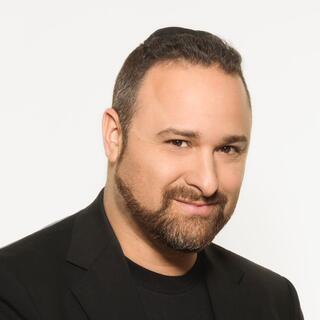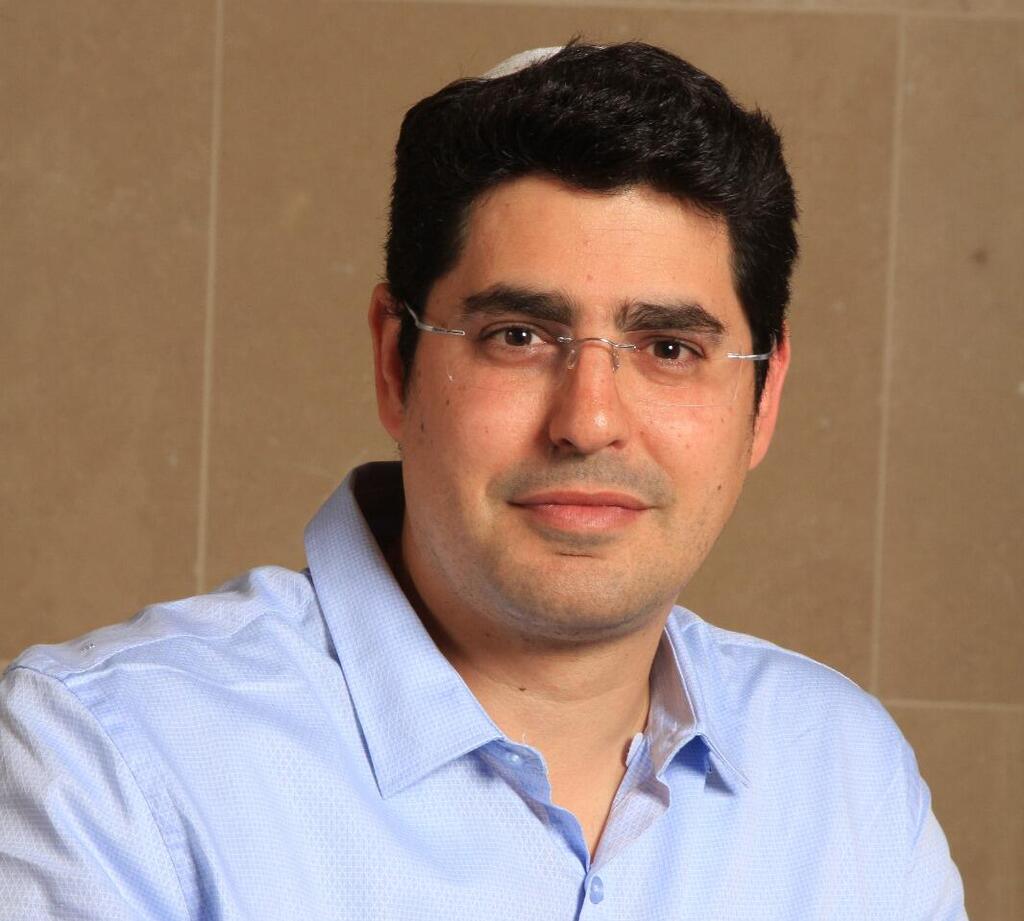Dr. Guy Krief wants to improve health care accessibility and enable early detection and monitoring of certain diseases and conditions, and he is using saliva to do it.
The co-founder and deputy CEO of Salignostics says that making saliva a viable diagnostic medium is crucial as personalized, at-home health care becomes increasingly essential.
Krief explains that traditional diagnostics often rely on blood, urine or tissue samples, which can be invasive, expensive and time-consuming, while saliva-based diagnostics are non-invasive, cost-effective and user-friendly. In addition, they offer the potential for at-home and point-of-care testing.
The technology used by his company, Krief explains, "addresses the challenge of saliva’s low biomarker concentration, making it a reliable alternative for detecting a wide range of diseases—from pregnancy to infectious diseases and even cancer."
Salignostics was founded in 2017 in Jerusalem by a team of five researchers from the Hebrew University specializing in saliva research. "We recognized the untapped potential of saliva for diagnostics, but its biological complexity posed challenges. Our breakthrough was developing a patented technology that made saliva-based diagnostics as reliable as traditional blood tests—without the invasiveness, cost and logistical issues.," Krief told Ynetnews.
Krief's role at Salignostics centers on shaping commercial strategy, forging key partnerships, and securing investments. His expertise spans the field of saliva-based diagnostics, and he has led efforts to scale innovative medical technologies on a global scale.
He says that Israel's biotech success lies in the fact that the country, home to world-class academic institutions like the Hebrew University and Weizmann Institute, has a strong culture of innovation and where "questioning the status quo is encouraged." In addition, he cites the government and military R&D programs that nurture skilled entrepreneurs.
Krief says that the success in closing global deals he and his team at Salignostics managed stems from "a combination of scientific credibility, strategic partnerships, and market insight."
Among the ways that this was achieved, he says, was proving the company's technology through successful products like Salistick, the first saliva-based pregnancy test with CE, UKCA, and TGA approvals, allowing them to be sold in EU countries and Australia. In addition, the company leveraged its proprietary saliva-processing platform, which enables novel clinical applications like saliva-based pancreatic cancer detection.
The company also implemented the "Salignostics Inside" model, which allows other diagnostic companies to integrate its technology into their products, expanding market reach and accelerating adoption.
As part of this success, Salignostics was featured in Time Magazine in October 2023, which presented its Salistick as one of the 200 best inventions of 2023.
"Time Magazine featured us because our saliva-based diagnostics represent a transformative shift in health care," Krief explains. "Our technology allows for non-invasive, user-friendly self-testing, aligning with the growing trend of home-based health care. Time recognized the potential of our innovation to make advanced diagnostics as intuitive as checking one’s temperature, validating the broader vision of accessible, at-home diagnostics."
It has not all been smooth sailing, however, and Krief acknowledges that "scaling a biotech company comes with its challenges.
These challenges include: Navigating complex regulatory approvals across various global markets; Educating the market on the reliability of saliva-based diagnostics; and Ensuring manufacturing scalability without compromising quality.
He adds that "balancing scientific innovation with commercialization has been an ongoing challenge, requiring continuous refinement of our product pipeline and partnerships to meet both consumer and regulatory demands."
Krief and Salignostics have learned some valuable lessons along the way. One of those lessons is to not underestimate regulatory timelines, which delayed the company's entry into the market. In addition, the company faced some early-stage production challenges as it scaled manufacturing to meet demand.
The company also invested heavily in its COVID product, SaliCov, which didn't achieve high sales due to the end of the pandemic and the influx of low-cost nasal swab tests.
"Despite these setbacks, we gained invaluable insights that helped us refine our core technology and better position ourselves for future success," Krief says.
Krief says there are some important trends to pay attention to in the world of biotech, many of which are taking off in Israeli biotech companies.
Personalized medicine and diagnostics are key going forward, and his company is meeting this challenge. "Saliva-based tests are a key enabler of personalized health care, offering at-home monitoring and early disease detection," he explains.
'Technology should address a clear market need, ensuring it’s not just innovative but also practical and impactful'
Another popular trend is digitalization and connected health care. Integrating home diagnostics with telemedicine is crucial for future health care solutions, according to Krief. At the same time, he explains, Precision diagnostics, particularly for cancer treatment, are becoming increasingly important. In addition, combining diagnostics with pharmaceutical care to allow real-time monitoring and therapy adjustments is crucial.
Get the Ynetnews app on your smartphone: Google Play: https://bit.ly/4eJ37pE | Apple App Store: https://bit.ly/3ZL7iNv
Krief has advice for an entrepreneur who is starting a tech company today. First, he says, the start-up should focus on solving a real, meaningful problem. "Technology should address a clear market need, ensuring it’s not just innovative but also practical and impactful," he explains.
He cautions the entrepreneur not to start business development before he or she has solid technology. "It’s critical to have a reliable product or solution before pursuing partnerships or customers. Premature business development can lead to misalignment and wasted resources," he warns.
At the same time, he says, "don’t be afraid to target a 'dreamy' product that could change the entire market. Aim for disruptive innovations that have the potential to reshape industries. Also, target multi-billion-dollar markets where your solution can have a widespread impact."
In addition, hire the best consultants and subcontractors you can afford for core issues like regulatory, intellectual property, accounting and legal, he says.





